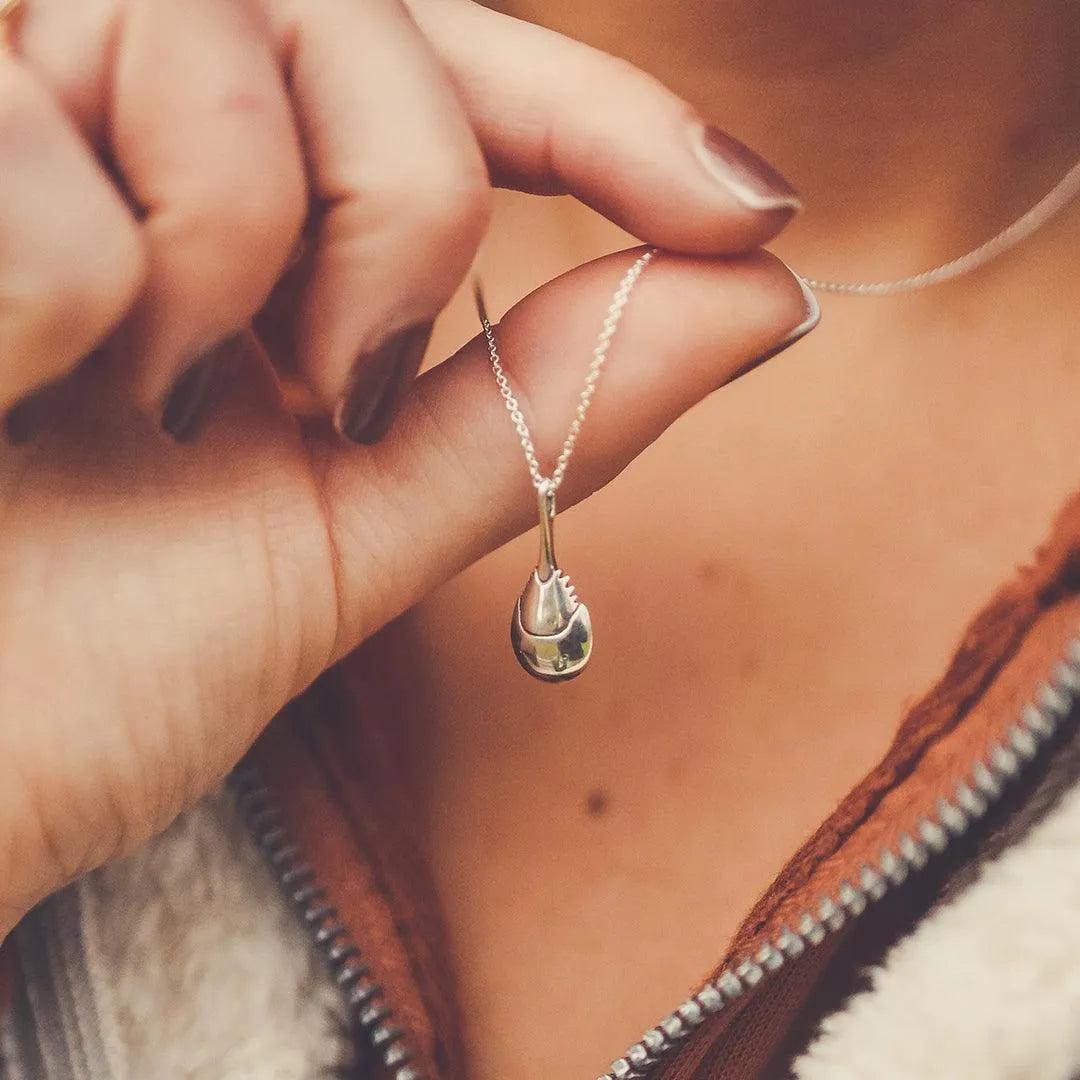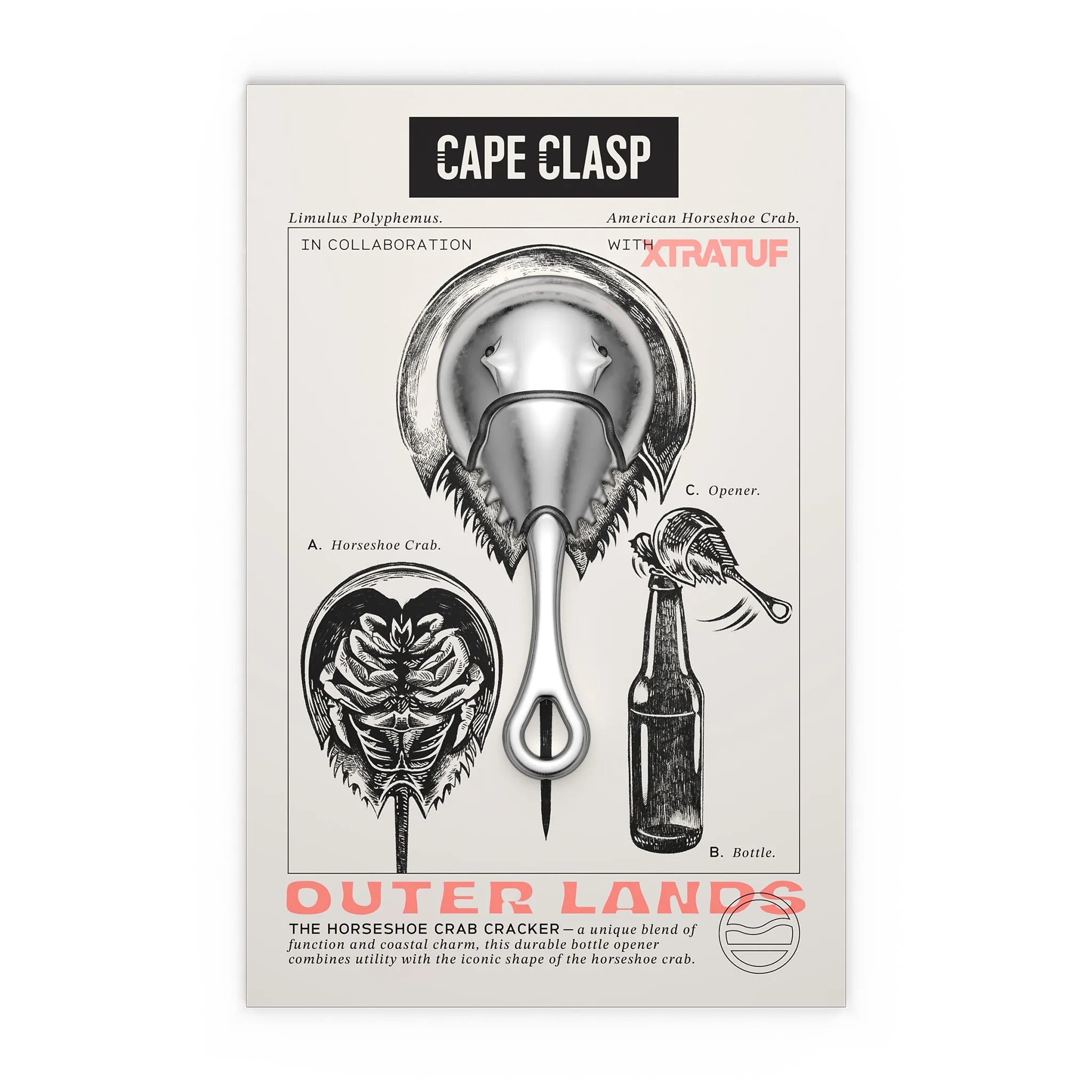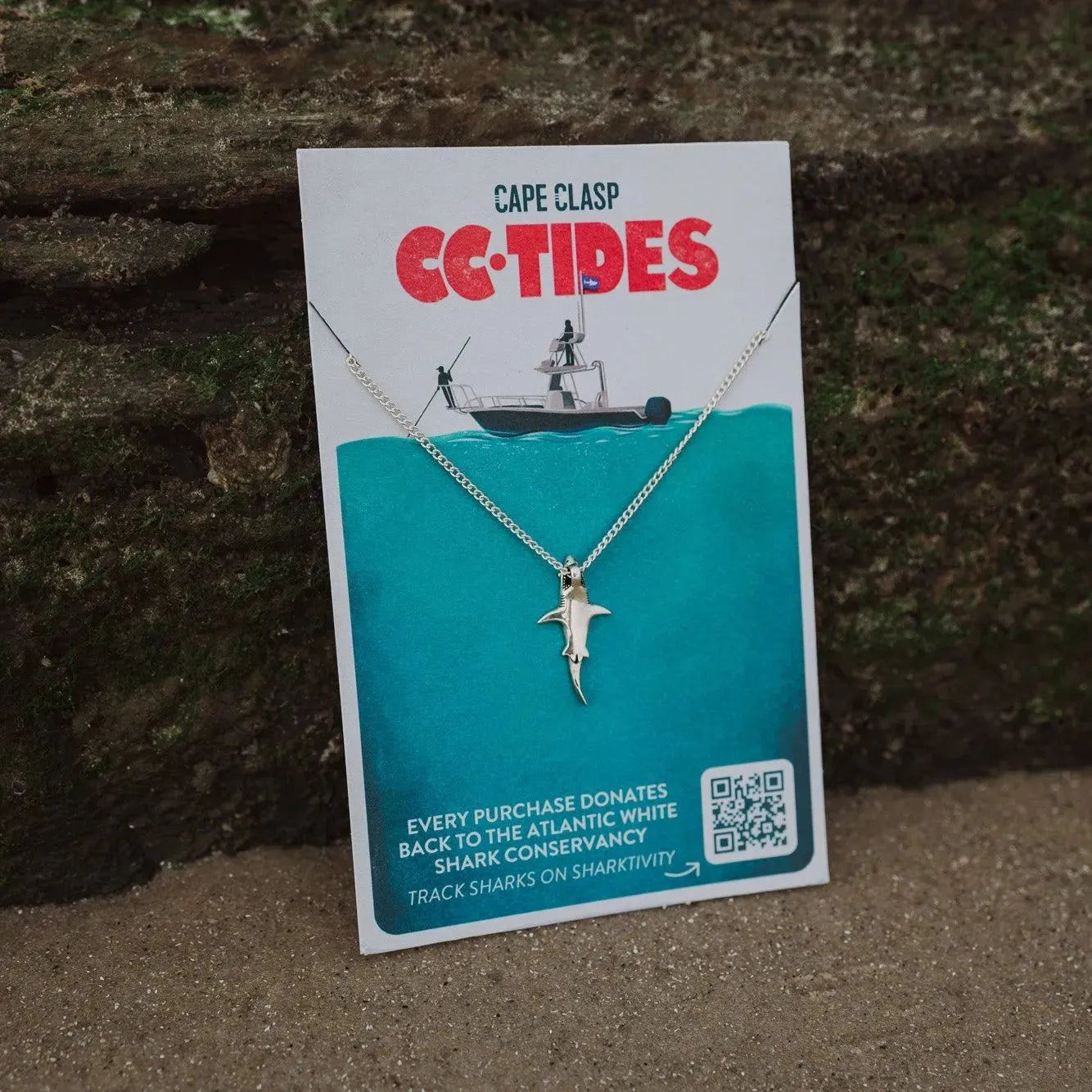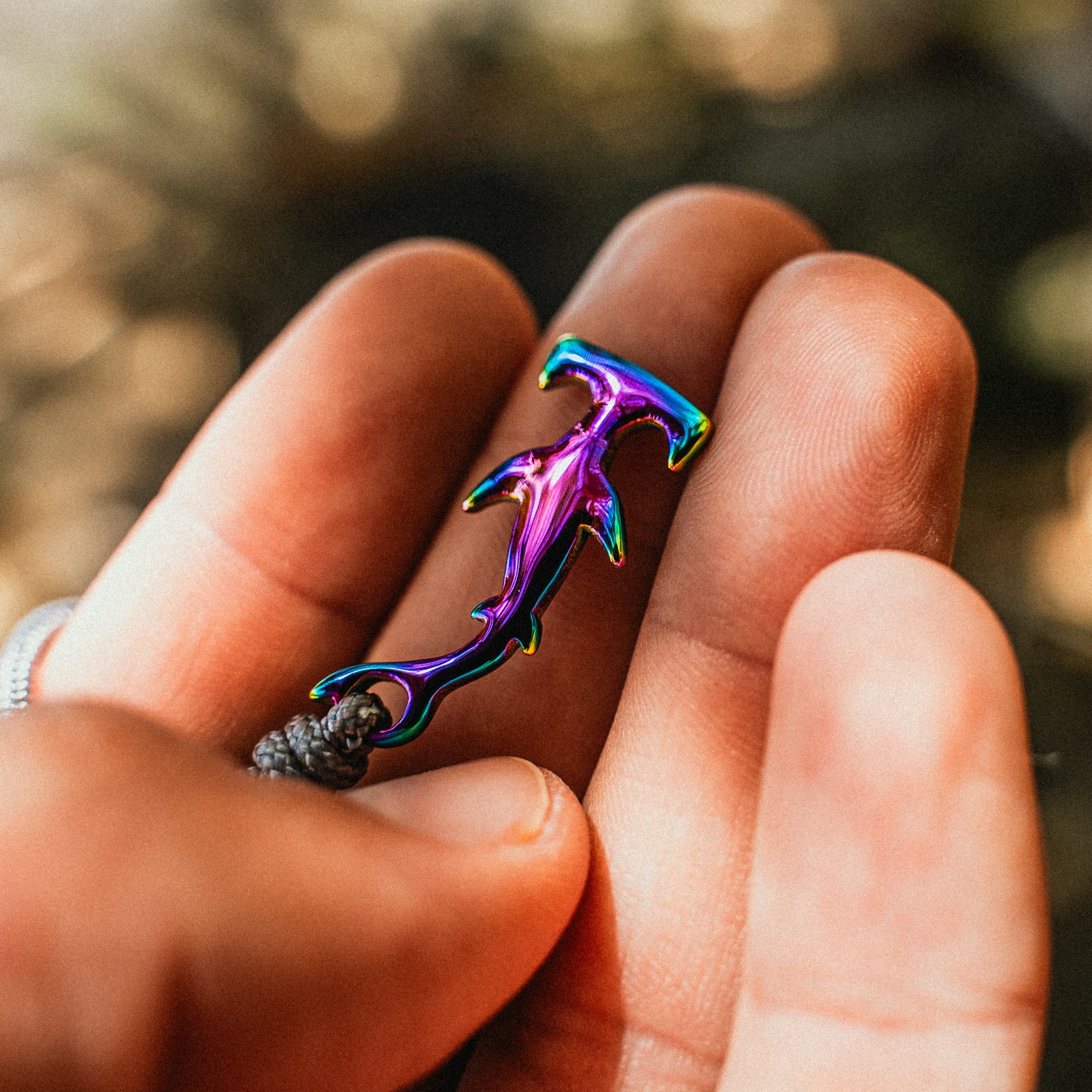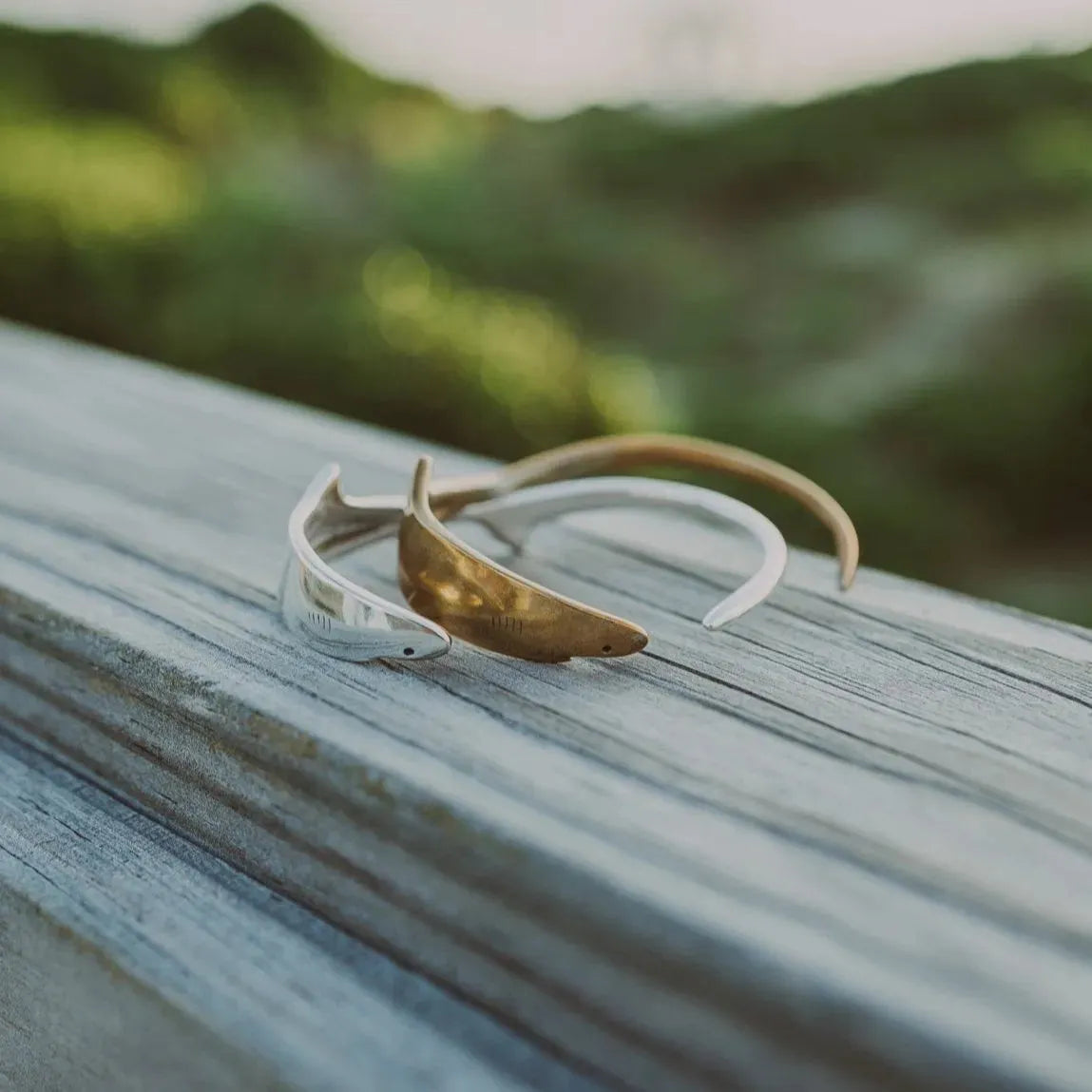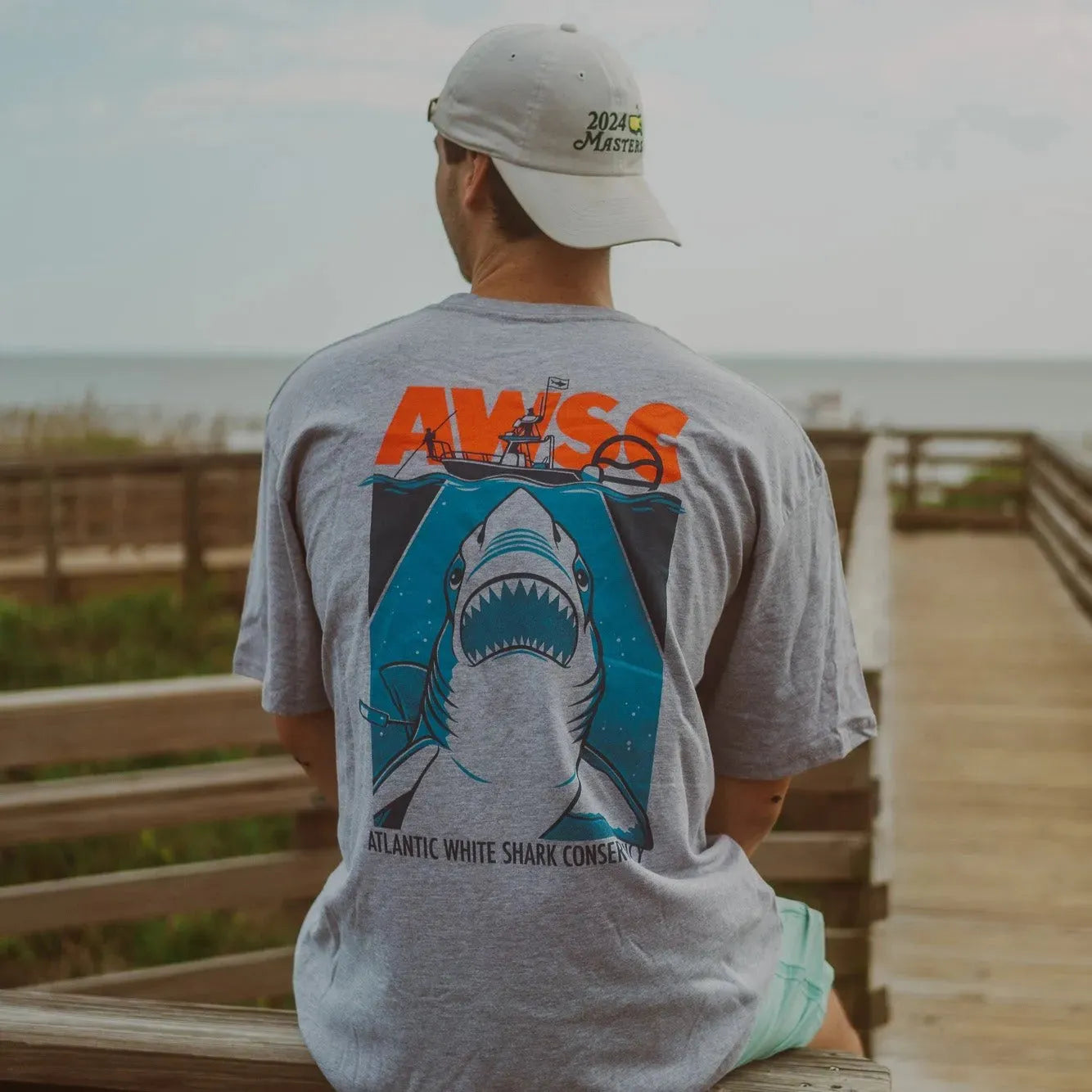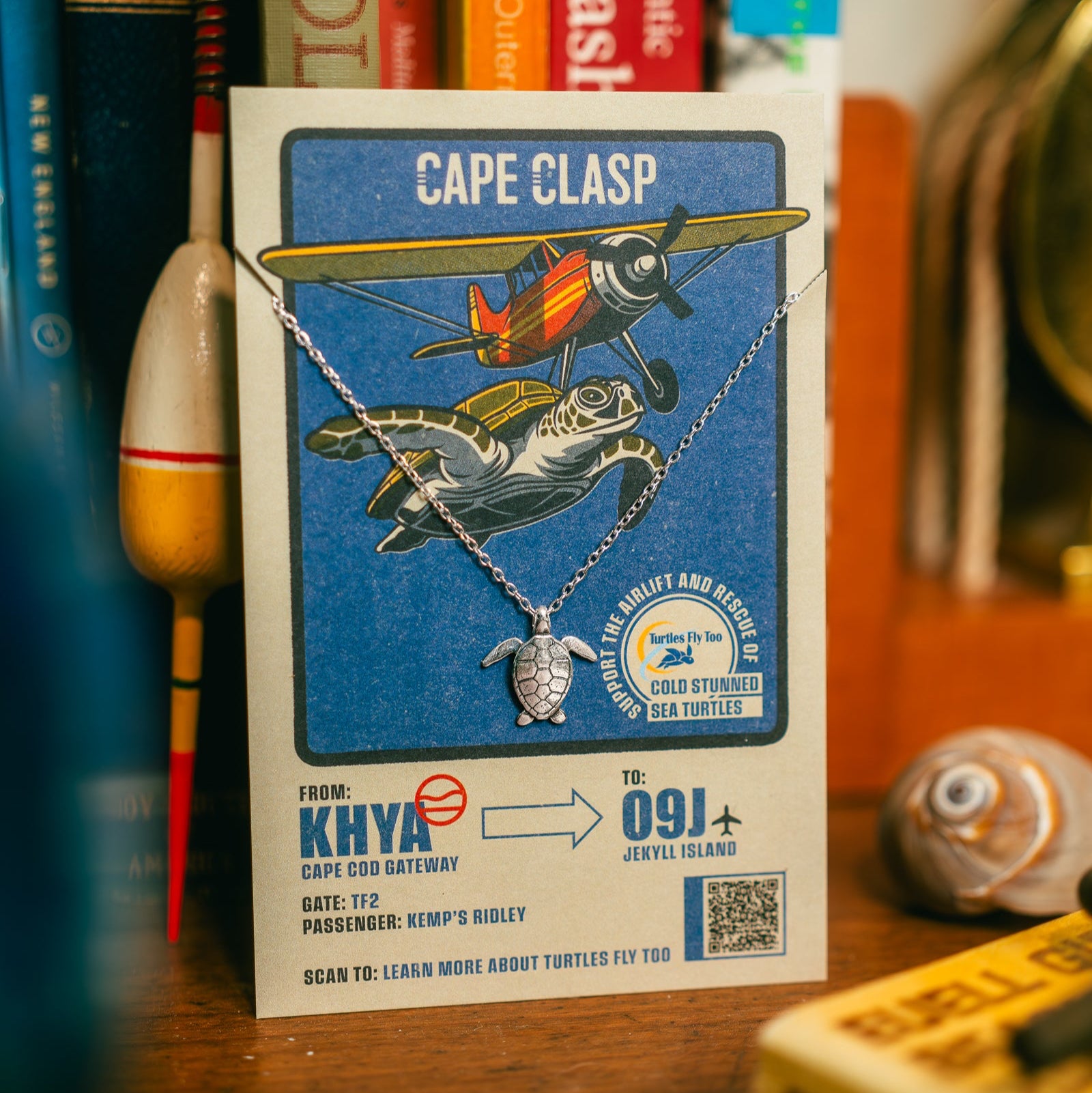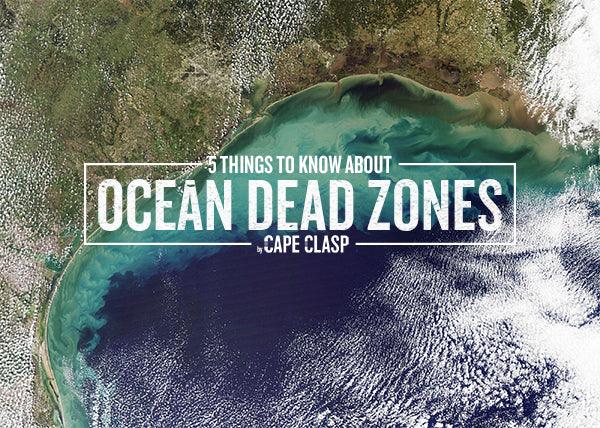
5 Things to Know About Ocean Dead Zones
We all know that human activity can hurt ecosystems, but the damage can be far-reaching. Runoff from farming, sewage, and chemical use isn't just hurting species on land, but it's killing marine life, too. We wanted to shine a light on ocean dead zones, so we pulled together five things you should know about this serious issue.
1. Marine life suffocates in dead zones.
What exactly is a dead zone? A dead zone is an area of the ocean that is depleted of oxygen, causing marine animals to essentially suffocate. Dead zones can occur naturally, but scientists are seeing an uptick in them due to human activity.
2. Farming is a huge culprit.
Adding nutrients like nitrogen and phosphorus can improve soil quality and give crops a boost, but these practices can harm the environment. Rain washes the nutrients into nearby drains, streams, and rivers, which eventually open up into the ocean. The boost in nutrients leads to excessive algae blooms, robbing the water of oxygen, creating an area where marine life cannot survive.
3. The results are eery.
Visiting a dead zone for the first time can be a shocking experience to say the least. The waters are likely to be free of fish, shrimp, and other normal species. And nearby beaches may be littered with hundreds or thousands of dead fish that suffocated in the oxygen-depleted waters.
4. The Gulf of Mexico is a hot spot.
Each spring when farmers are hard at work feeding and tending to their crops, a 8,500 square-mile dead zone pops up in the Gulf of Mexico after nutrients flow down the Mississippi River. Not only is this tragic for marine life, but it can have a devastating impact on the local economy as the livelihood of fishermen is drastically affected.
5. We can prevent future and reverse existing dead zones.
Luckily, dead zones are largely preventable with responsible farming practices and proper land management that aims to reduce nutrient runoff. And, these changes are effective in helping waters get back to healthy levels of oxygen.
You can do your part and #makewaves for marine life by consciously choosing organic produce that was grown without the use of added chemicals.
Image from commons.wikimedia.org

